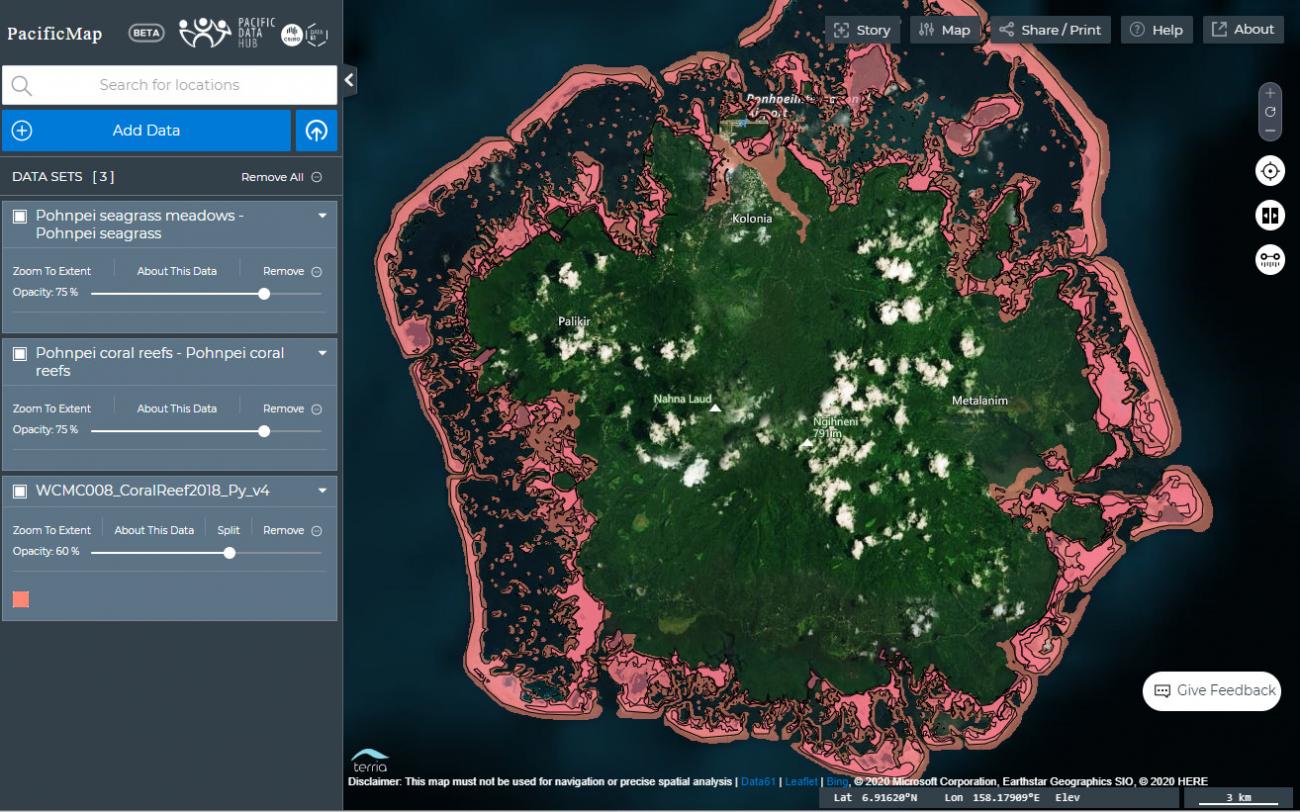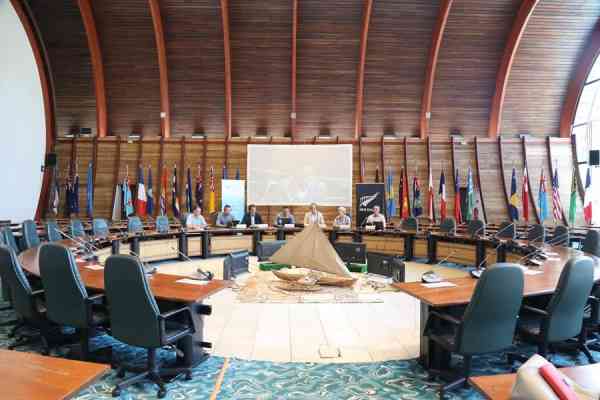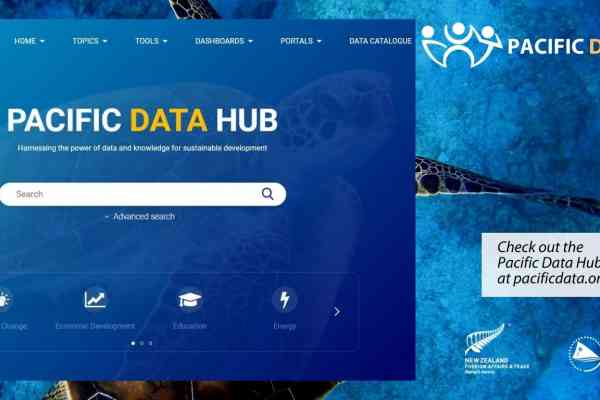The merits of data that can be freely used, modified, and shared by anyone for any purpose is already established. There are plenty of examples where new insights have been gained by simply exploring data sets. It is perhaps like the early Pacific navigators discovering new islands by combining knowledge and a little bit of luck.
My focus in this blog is commoditisation and the effects of commoditisation. The commoditisation of things or services is the evolution of a thing or service to the point where its production and delivery are completely standardised and its availability ubiquitous. Think about the screw, water from the tap, electricity, or internet connectivity.
Once a product or service becomes commoditised, which according to Wardley, can take many years from inception to commoditisation, a funny thing happens: an explosion of innovations follows.
Take the humble screw, for example. Screws were used centuries ago but producing them was tedious and no two screws were the same. A machine for producing tapered threads was not invented until 1842. The manufacturing of screws was later perfected, and an explosion of products followed: furniture, structures, cars, machinery, equipment, etc., all relying, amongst other things, on the steady and predictable availability of screws.
It was similar for electricity. Once electricity was standardised, reliable and widely available, an explosion of new products followed: the lamp, the toaster, the fridge, the radio, the TV, etc.
And again, it has been similar for internet connectivity. Once it became widely available and reliable, an explosion of new services and products were born in a short period of time, including new sales channels, social media, migration to digital jobs, new media and communications platforms, the list goes on.
Now, we are seeing the commoditisation of data in terms of acquisition and availability. There is little doubt that it has already triggered an explosion of innovations, insights, new products, and new services. In my view, this will only accelerate.
Open data, or the willingness of institutions and governments to make their data available freely, will unlock immense opportunities. One example of this is the well-documented value-creation through digital maps where the direct benefit for digital map producers (satellite owners) and the publishers (Google Maps/Esri) pales in comparison to the value that is created downstream by other organisations applying the digital maps to new products. Overly simplified, the commoditisation of data resulted in an explosion of new value-creating services.
This illustrates, to me, the importance of the Pacific Data Hub. It provides the platform and the community to bring new and wonderful innovations to life in the Pacific.



